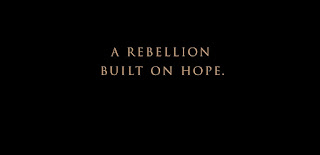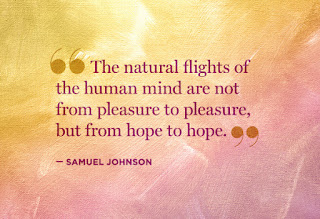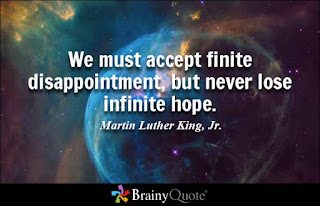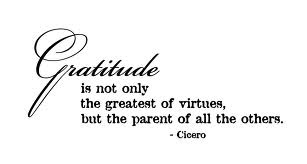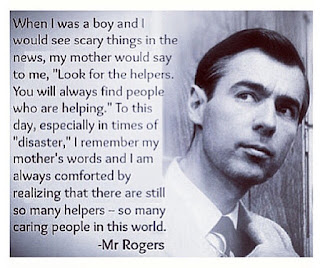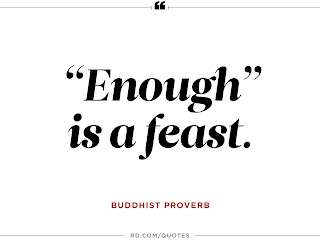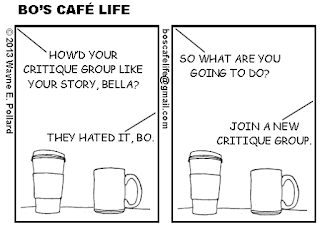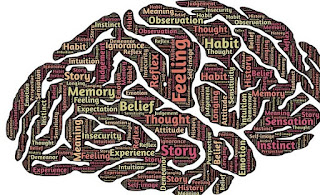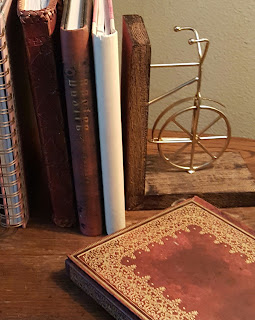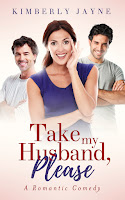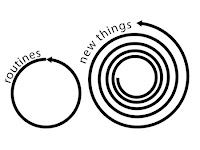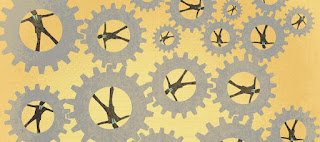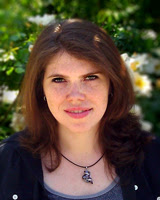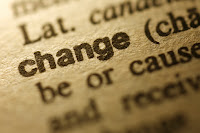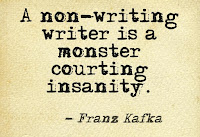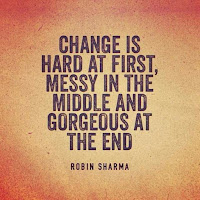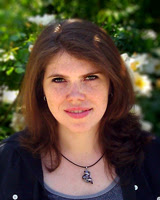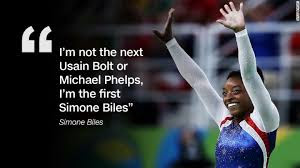Science Fiction: A Bastion of Hope
by J.M. Phillippe
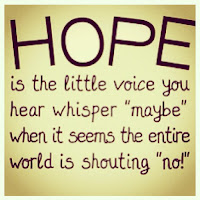
Social work, I tell people, is about holding hope for others when they are unable to hold it for themselves. More often than not, I meet people when they are in the midst of some sort of crisis. That crisis has painted their world pretty dark, and optimistic isn’t very high on the list of things they are feeling. And yet, the very act of going to therapy is an act of hope — it’s taking a chance that there may be another way to feel, another way to live life. They come with a spark, and it’s my job to help them nurture and grow that spark. I help them see the strengths they already have, and learn to accept that being human means having imperfection. When all else fails, I sit with them in their darkness until they can contemplate the existence of light again.
The world feels very scary to a great deal many people in my life right now. Here in the US, the electoral college just elected a man that the majority of the nation did not vote for, and he is pushing for policy most of us oppose. I have teenage clients being told by bullying classmates that they will be deported, Jewish clients being threatened with swastikas, trans clients terrified for their safety, and countless female clients terrified for their rights (including the right to not be sexually assaulted). Facts are being re-branded as opinions, and science dismissed as an elitist and biased view. People don’t know how to tell if the stories they are reading are real or fake — and too many people don’t even care. If it sounds like the truth (or rather, like what they already believe), that’s good enough.
It’s times like this that I hold on to one of my first and greatest loves: science fiction. Science fiction and fantasy have covered all this territory before. I think I have managed to read a story or see a movie about every kind of terrible thing that humanity can do to itself, or have done to them by some greater power. I have read every kind of ending as well, from the dark and nihilistic, to the fiercely optimistic. The most recent was the latest Star Wars movie, whose tag line is this:
While I can’t assume to know the motivation of every author out there, I can’t help but think that the reason why so many writers create such dark worlds is to show people a way through that darkness. However big the odds, there are always heroes willing to take them on. However hard the path, there are feet willing to walk it, and however horrible the consequences, there are people willing to risk it all. For hope.
Hope is one of the great themes of science fiction: where it lives, how it endures, what it can accomplish, what happens when it dies. You cannot tell a story about human beings without also talking about their hopes and dreams. My particular interest in science fiction and fantasy is the way it can take the human condition to the furthest stretch of “what if” and provide a possible answer to what humans would do then. And more often than not, what humans will do, whenever given even the tiniest chance, is hope.
Like many others, I found 2016 to be a very challenging year. I don’t know if we all just collectively only focused on the bad and missed the good (though a lot good happened as well), but it seemed like the year when a lot of people realized, as the great William Goldman (of The Princess Bride) said: “Life is pain. Anyone who says differently is selling something.” None of us are buying this year.
Still, it’s my job to hold hope. The only reason I have been able to is that I spent my childhood practicing this skill. I usually needed it about midway through a book when everything in the story started getting darker and darker. I definitely needed it right before the end, when it seemed like any sort of happy ending would be impossible. But I stuck with it (and didn’t skip ahead) and even if all the characters would not survive the story, one thing almost always did: hope.
So I’d pick up the next book, and the next, and the next, and get the same message again and again. However dark the world, there were good people in it. However horrible humanity could be, there were other humans willing to stand up for the weak, for the innocent, and for the best in all of us.
And that is why I can look at 2016 and understand — the story is not over yet. I don’t know if 2017 will be a dark chapter or not, but I do know that in the end, however long this series goes, the good will win. We just have to keep flipping the pages, and we’ll get there eventually.

